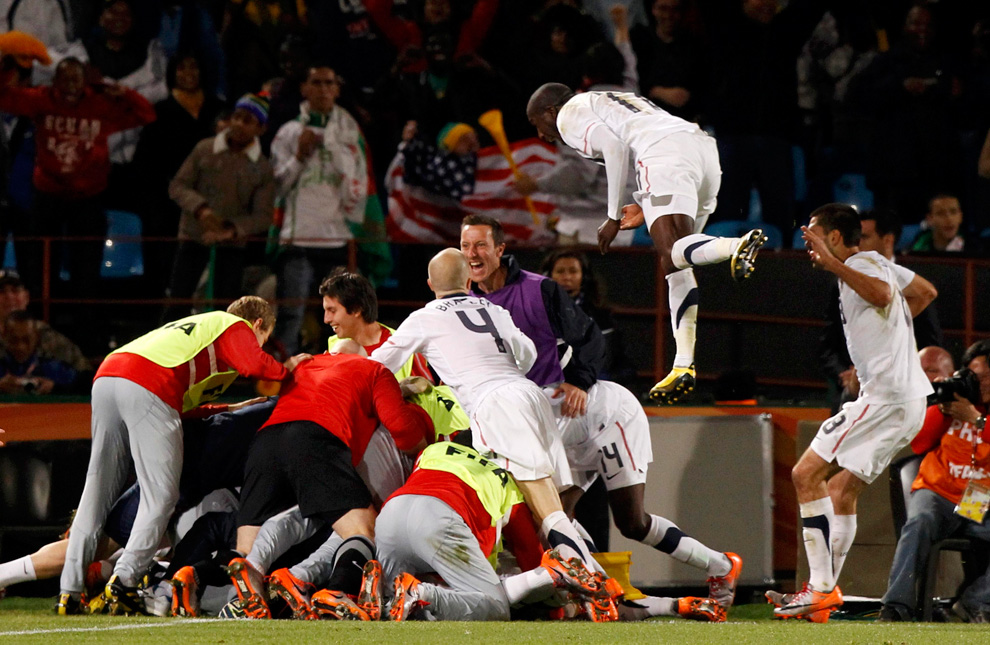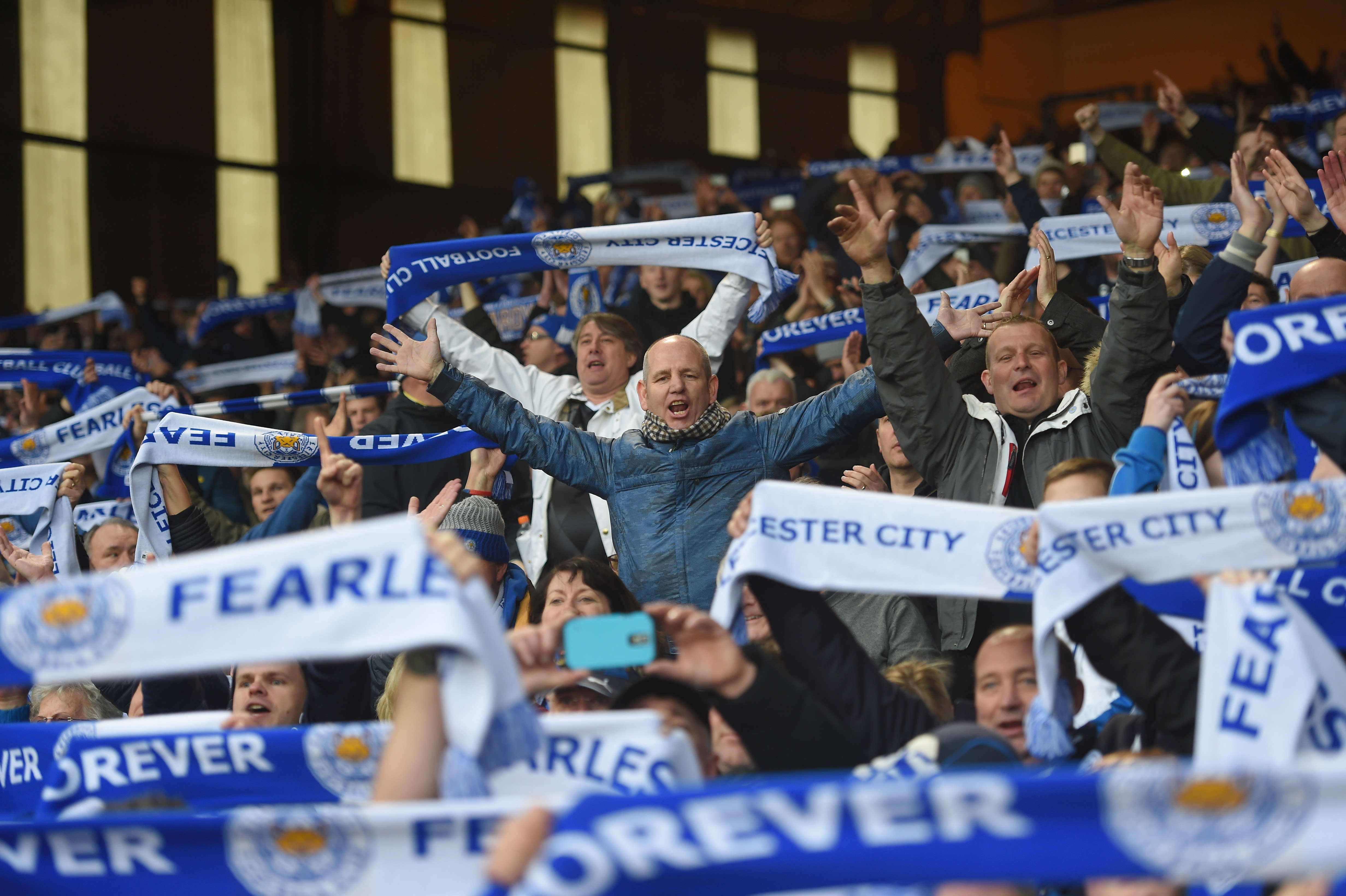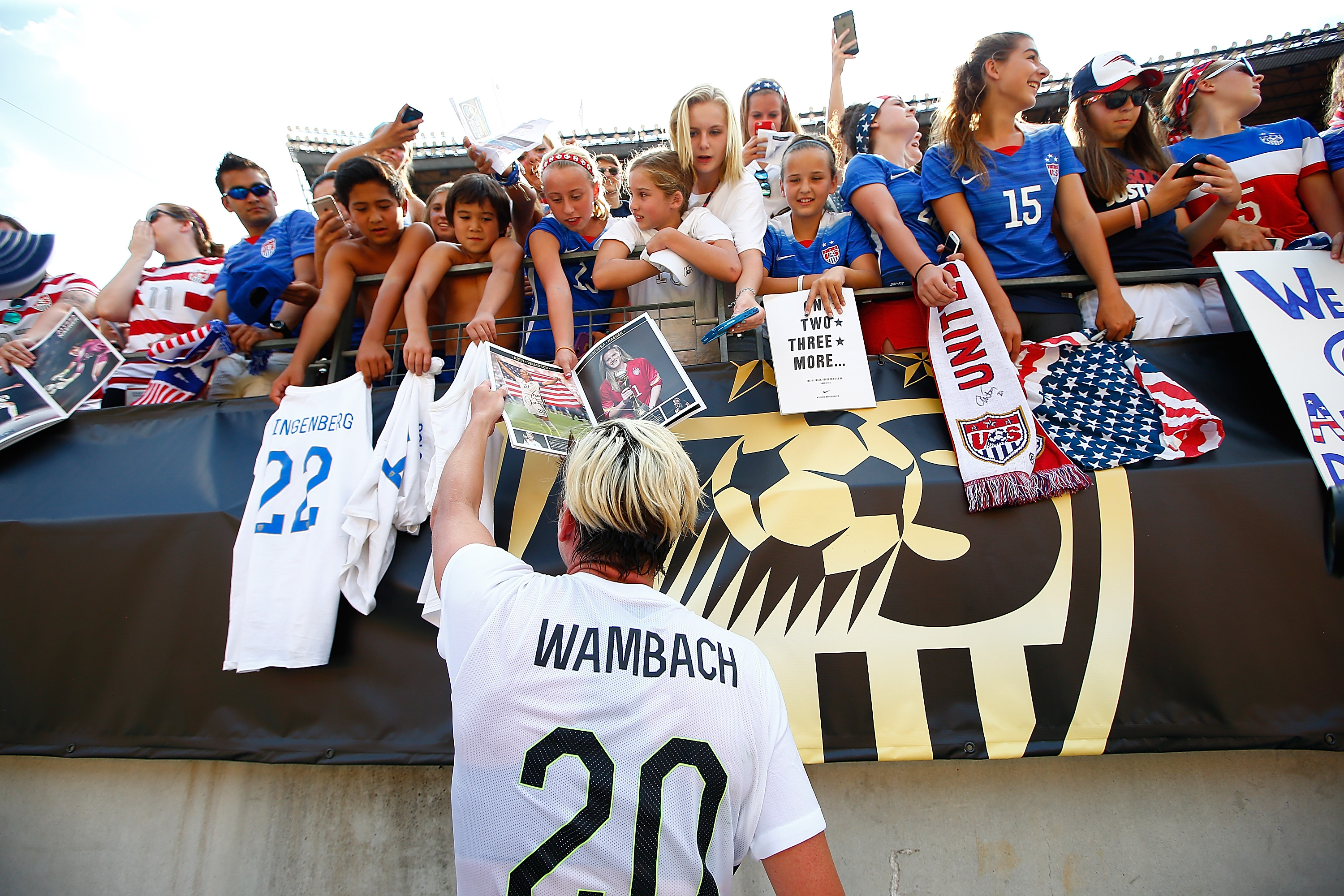Following Liverpool’s dramatic 5:4 victory over Norwich City this past weekend, Jürgen Klopp was asked if the club’s defensive deficiencies could be solved by “going shopping.” With Klopp’s typical sense of humor, the manager joked that the team had a list of 20 set piece specialists that they would buy just to put on the pitch during set pieces. It was clearly a moment of Klopp being his usual self, but he also briefly mentioned that no, this isn’t a problem that can be dealt with in the transfer market.
https://www.youtube.com/watch?v=3gr7R4gj7Yk
Klopp isn’t an idiot, he knew going into the job in Liverpool that his squad wasn’t going to be competing for a Premier League title right away, and, therefore, he would have to go get better players. But Klopp’s answer to the question asked by BT Sport suggests that Klopp still hasn’t bridged the cultural divide between England and Germany. Let’s not forget that Klopp is only the second German manager to ever manage in the Premier League, the first was insane.
That divide has everything to do with money. Germany doesn’t have the kind of money that England does, so Klopp is in a whole new world. Bayern Munich’s record transfer is 30 million pounds, which wouldn’t even crack the top 10 of Britain’s most expensive transfers. A lot of Liverpool fan’s are probably excited to see what who he’s able to buy. But what makes Klopp so interesting is that he might be able to find a middle ground between his old ways and the expectations that big clubs in England have to spend crazy amounts of money.

Marco Reus of Dortmund was one of Klopp’s biggest transfers while in Germany, and he only cost 11 million. (Photo by Lars Baron/Getty Images)
One of Klopp’s great strengths is that of a motivator, but he can’t simply motivate his players to be better defenders. He can, however, develop some of his younger players and mold them to better fit his system. During his time at Dortmund, Klopp never spent more than 20 million pounds on any player, and routinely brought in young talent to mold to his liking. Mario Götze was an academy graduate, Mats Hummels came over from Bayern for just under 3 million pounds. The biggest signings for Klopp were Marco Reus for 11 million pounds and Henrikh Mkhitaryan for 19 million pounds.
Klopp now has to deal with a culture that expects big signings from the biggest teams. Klopp isn’t going to make England more like Germany, if he wants that, he would have stayed home and found a new Bundesliga team to take over. That being said, the German manager isn’t likely to just start throwing money at a problem because that’s what he thinks is done in his new home.
Klopp has never had the kind of money he has access to now. But that isn’t a bad thing. He’s going to use that money, he’d be stupid not too, but it seems smart that he’d use it to supplement the players he already has rather than go out and build a dream team. Money doesn’t buy instant success, ask Manchester United. Klopp will be wary of buying players that don’t fit in what he wants to do. If he’s going to spend big on a player it’s probably going to be one that is young and one that runs, a lot. If Klopp can’t upgrade a position with a player that fits that mold then he’s more likely to try and solve that problem on the training ground instead.

Divock Origi of Liverpool is one of the young players that Jürgen Klopp has given a chance to play this year at Anfield. (Photo by Clive Rose/Getty Images)
If there is one thing Klopp knows it’s the benefit of developing young talent. Every club in Germany, even Bayern Munich, places a premium on their youth players. In part because they know it’s good business, but also because they have to. The thing is, Klopp isn’t just going to prop up a world class Liverpool youth academy overnight, but he’s aware that in his squad he has young players that have great potential. Divock Origi getting starts over Christian Benteke should tell you a lot.
Here’s the rub, Liverpool are not going to win anything right now (maybe the Capital One Cup) with the players they have. How long does Klopp get to develop a good team? In England, well everywhere for that matter, managers are given less and less of a chance if things don’t go well right off the bat. Klopp didn’t win a Bundesliga title until his third season, but they weren’t expected too. The expectations in Liverpool are vastly different. If Klopp feels like he needs to make his team better and quickly, then he’ll have to open up the checkbook. This all comes down to how patient the fans and the owners are willing to be.
The best way for Liverpool to get better is getting better players, which is easier said than done. How long it takes for that to happen is anybody’s guess. Klopp has never been a manager that has been able to sign superstars that come with a big price tag, but then again he’s never been in a position that he could. He’s now in the middle of a culture clash. The answer to the question, will Klopp spend big money to improve his team or will he try to develop his young athletes, is probably in the middle. If you have the cash, why not spend it? But if you have the talent, why not develop it? It’s going to be exciting to see what this Liverpool team looks like at the start of next season.






